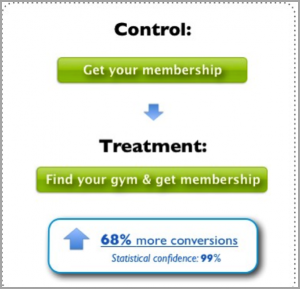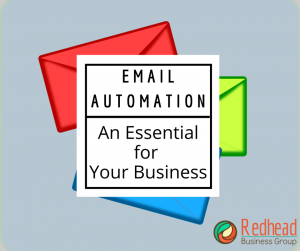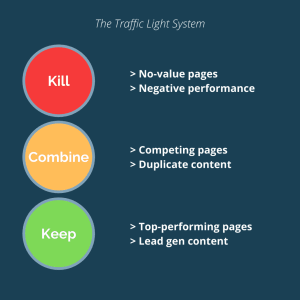
Faster Reading, Easier Sharing
Coming up on April 12th, Facebook will release its Instant Article functionality to the wide world. This means that anyone who creates content can post that content directly to Facebook, rather than (or along with) publishing it to their own website.
Instant Articles have been months in the making, and the launch of this functionality will be the major announcement of their annual F8 Developer Conference next month. It marks a major shift, encouraging social media users to consume articles right from Facebook, rather than be redirected to a publisher’s site.
It will also be a great opportunity for businesses to have their content read more often and shared more widely. Those businesses in particular that make good use of rich media within their publications and blog posts will float to the top of this new type of media.
Here is what businesses need to know about Facebook Instant Articles.
For some time, Facebook has been plagued by users who quit on the app because content takes too long to load. Most all of use who use Facebook on our phones have this happen regularly: you see an interesting article and click on it, but the load bar sticks. The little loading icon just spins. And the ADD we’ve all now been conditioned with makes us jump to our email. As a result, publishers don’t get all the reads that they should, and engagement (comments, shares, etc.) also under-perform.
Facebook could do little about this up until recently because Facebook does not control the publishers’ websites. It cannot therefore guarantee fast load times. But this particular headache only serves to highlight one of Facebook’s broader strategic goals: to never have anyone ever leave Facebook. Facebook (and some competitors, most notably Google) seek to build all-encompassing platforms that users stay with for extended periods of time. Instant Articles, where published content resides on and is directly consumed from the social platform, is a major step in that direction.
So What Is an Instant Article?
Instant Articles, which I first thought would be mere copies of locally published content, are actually more like digital magazines. There’s a heavy focus on rich media and user experience, so as to entice publishers to adopt the platform. For example, large wide pictures, which normally don’t fit the mobile format well, can be viewed from side-to-side by tilting the phone in a certain direction. Instant Articles can parse HTML and RSS in such a way that the fonts and layouts will look like the publisher’s original site.
So now, when you click on an article from your Facebook News Feed, instead of opening up the Facebook app web browser, you now open up the article directly in this digital magazine-like reader. Load times are instantaneous, putting the “instant” in Instant Articles.
Will Facebook treat your content any differently if you adopt their format? Probably not overtly, but over time the instant load time and the improved user experience will mean that Facebook Instant Articles show more engagement on average than standard content. And Facebook’s organic presentation algorithm tends to prioritize high-engagement content.
How Do I Publish Instant Articles (And Should I)?
Most people anticipate that Facebook Instant Articles will not, by and large, be unique content. Rather, they will be copies of articles already published to a website.
Facebook has also announced a WordPress plugin that creates a special RSS feed of your blog. Facebook reads this feed periodically, and automatically publishes your latest blog articles to the Instant Articles platform.
Publishers were, understandably, a little wary about this idea initially. First of all, publishers sell advertising, and how are you going to click on their ads if you never go to their site? Secondly, publishers want lots of web traffic, and people reading their Instant Articles won’t be coming to their site to do so. Third, publishers want to rank first on Google, for which they need people to link to their website – not to Facebook, to their website.
The first issue has already been taken care of. As a publisher, you have carte blanche to sell advertising on your Facebook instant articles and keep 100% of the revenue. Or Facebook can sell advertising, and you can keep 70%.
The second issue – web traffic – is a trade-off. Publishers will have to accept that their site will receive fewer hits directly in return for their content getting greater visibility through Facebook. Facebook Instant Articles are more likely to be read (fast load times = lower abandonment), commented upon, liked, and shared. And therefore more likely to appear in Fan’s Newsfeeds organically.
The third issue – SEO – is likely to be a wash in the short term. Because most of Instant Article content will be a duplication of content that is already on one’s website, Facebook will likely have to prevent it from being indexed by Google. Otherwise, Google de-ranks content that appears in multiple places. If that turns out to be the case, then that means Instant Articles won’t have much of an SEO effect.
Social Media Beast is now exploring Instant Articles and its potential benefits for our clients. For information on how this or other social media endeavors can boost your business, contact Social Media Beast today!
Digital & Social Articles on Business 2 Community(96)
Report Post








